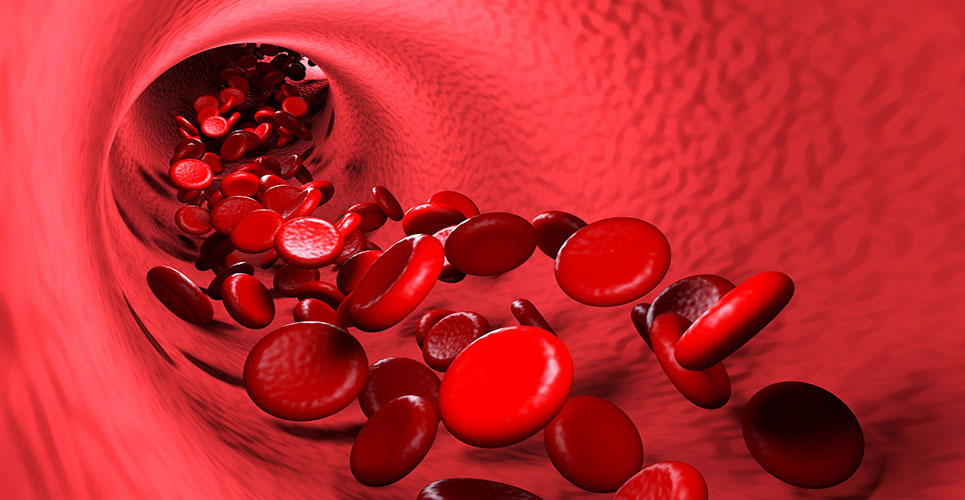teaser
Anaemic patients undergoing percutaneous coronary intervention (PCI) have an increased risk of mortality and major bleeding, but not of ischaemic events, US researchers report.
The team also reports that, in anaemic patients, treatment with bivalirudin plus provisional glycoprotein (GP)IIb/IIIa blockers lowers the risk of bleeding without any compromise in ischaemic complications, as compared with heparin plus planned GPIIb/IIIa blockade treatment.
Dr Steven Manoukian, of Emory University School of Medicine in Atlanta, USA, and colleagues examined anaemia’s relationship with risk of mortality, ischaemic events and haemorrhagic complications in 1,371 anaemic patients taking part in the REPLACE-2 trial.
REPLACE (Randomised Evaluation in PCI Linking Angiomax to Reduced Clinical Events)-2 included 6,010 patients undergoing PCI who were randomly assigned to receive either bivalirudin plus provisional GPIIb/IIIa blockers or heparin plus planned GPIIb/IIIa blockers.
Anaemic patients were more likely to have major bleeding than nonanaemic patients, at 4.9% versus 2.8% (p=0.0001), whereas minor bleeding rates were similar, at 20.9% and 19.2%, respectively.
Among anaemic patients, those who received bivalirudin had a lower rate of major bleeding than those in the heparin group, at 3.5% versus 6.2% (p=0.02).
Mortality was higher in anaemic patients than in nonanaemic patients at 30 days (0.9% vs 0.2%, p<0.0001), six months (2.6% vs 0.7%, p<0.0001), and one year (4.3% vs 1.5%, p<0.0001).
The incidence of the triple ischaemic event composite, of death, myocardial infarction, and urgent revascularisation at 30 days, was similar between anaemic and nonanaemic patients, at 7.6% and 7.3%, respectively.
Dr Manoukian and co-workers conclude in the American Journal of Cardiology: “We believe that baseline anaemia in patients undergoing PCI represents a significant risk factor for haemorrhagic complications and mortality.”
They add: “The mechanism for the dramatic increase in risk of mortality in anaemic patients is likely multifactorial and, we hypothesise, mediated by the interaction across haemodynamics, inflammation, and overall health.”
Am J Cardiol 2007;99:1513-7
